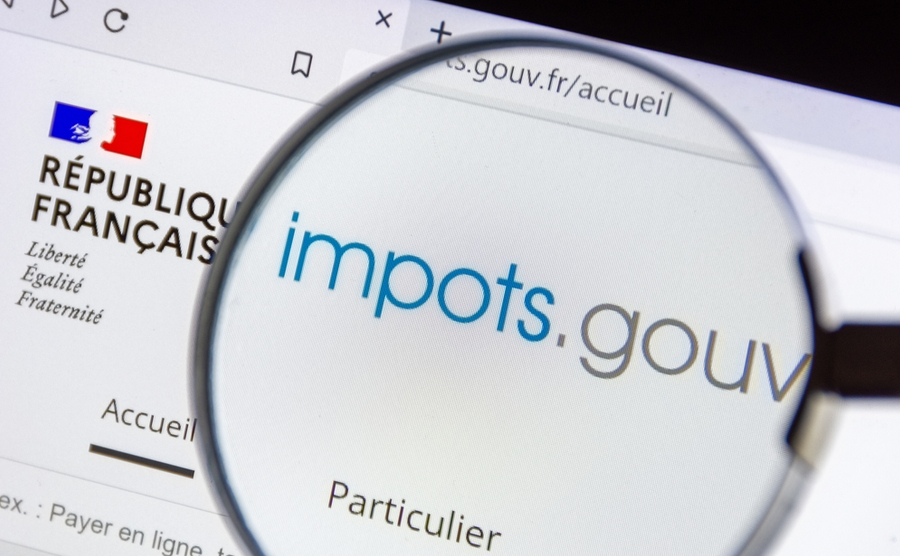France consistently remains one of the most popular countries to which to retire, even with the changes which have happened since Brexit.
Our nearest neighbour, France, offers us so much: a lovely climate, a huge amount of space, wonderful towns and villages, cheaper property prices and generally a more relaxed lifestyle than the UK.

A mature couple browse pension options online
Find homes in France via our property portal.
Can I still retire to France after Brexit?
The short answer is yes! Brexit has obviously made it more complicated to go and live in an EU country. You can visit for up to 90 days within any 180 days under the Schengen rule without any restriction or visa. However, to reside in France is still possible to do by jumping through a few hoops, the first step being to apply for your visa.
Moving to France post January 2021 means applying for a visa of which there are varying types and lengths of validity, and you may need to show you have enough savings to support yourself or that you have a job offer in France if you want to reside there.
Understanding how pensions and healthcare work is key to making your new life in France a stress free one. Of course, if you were already resident in France before the beginning of 2021 then your rights to reside there were protected under the withdrawal agreement with the EU. You will have applied for a Carte de Sejour which means you have the same rights as any EU citizen and afford you access to the French healthcare system.

How to get your pension in France
If you are concerned about pensions and your income, you can be reassured that you are perfectly entitled to draw down your UK pension in France and instruct the Department of Work and Pensions to pay your pension into your French bank account. This is entirely legal and applies also to private pensions.
You do need to bear in mind that the UK state pension will not increase in line with inflation if you are having it paid into your French bank account. You will be subject to currency fluctuations, however, which is why it is absolutely vital to employ the services of a foreign exchange specialist, such as Smart Currency Exchange who will offer you the best possible rate. This can be set up as an ongoing transaction so once it is done, you don’t need to be concerned about it.
Get a free quote from Smart Currency today
If you are not yet at retirement age in the UK, you do have the option to make voluntary national insurance contributions to boost your future state pension. This is something well worth thinking about. You should find out what your entitlement is going to be by contacting the Department of Work and Pensions who will also advise on making extra contributions. They are very helpful and efficient and will be happy to advise.
As far as private pensions go, this will depend on your individual circumstances although again, it is perfectly possible to have this paid either into your French bank account or into your English one. You can still take advantage of sending over your UK private pension into a QROPS (Qualifying Recognised Overseas Pension Scheme).

‘Impôt’ is French for taxes
Paying tax in France
Taxation is a complex subject where we do advise seeking the advice of a specialist. However, being in receipt of the UK state pension in France does not mean you need to pay UK tax. Rather, it will become part of your overall income in France which you do need to declare, assuming you are resident in France. You will not pay tax per se on your UK state pension, but the amount you receive, which will become part of your French tax return.
If you are resident in France you will be subject to French taxation and need to declare your tax return each year. We strongly recommend taking advice from an accountant with good English to guide you through this.
Discover the various types of French taxes here

How to claim healthcare in France
Along with sorting out your pensions, as mentioned earlier, you need to consider healthcare in France. Once you have lived in France for more than 3 months you have to register for French healthcare via your local CPAM office (Caisse Primaire Assurance Maladie). You can find this via the Ameli website.
Expats who live in France can register for the healthcare scheme and be in receipt of health insurance. It normally takes about 6 months to become eligible for this (PUMA or “Protection Universelle Maladie”) so it is wise to get private health insurance to cover you during this time.
Healthcare in France is excellent and is covered partly by the state and by individual contributions. It is vital to have health insurance, also known as “top up” insurance or a “mutuelle”. Normally you pay upfront for any doctor’s appointments or treatments and are then reimbursed by the state cover and also your insurance provider. It is important to note that you do need to show you have insurance in France post Brexit.
The desire to move to France for many people remains as strong as ever – perhaps even stronger since Brexit. Making sure you are protected regarding your pensions and healthcare is paramount to a peaceful happy life in France. We strongly advise taking advice from an independent financial advisor for all your individual concerns regarding pensions and healthcare. Please do contact us to be put in touch with our recommended professionals.
For more information about moving to France, browse our free online guide today.










